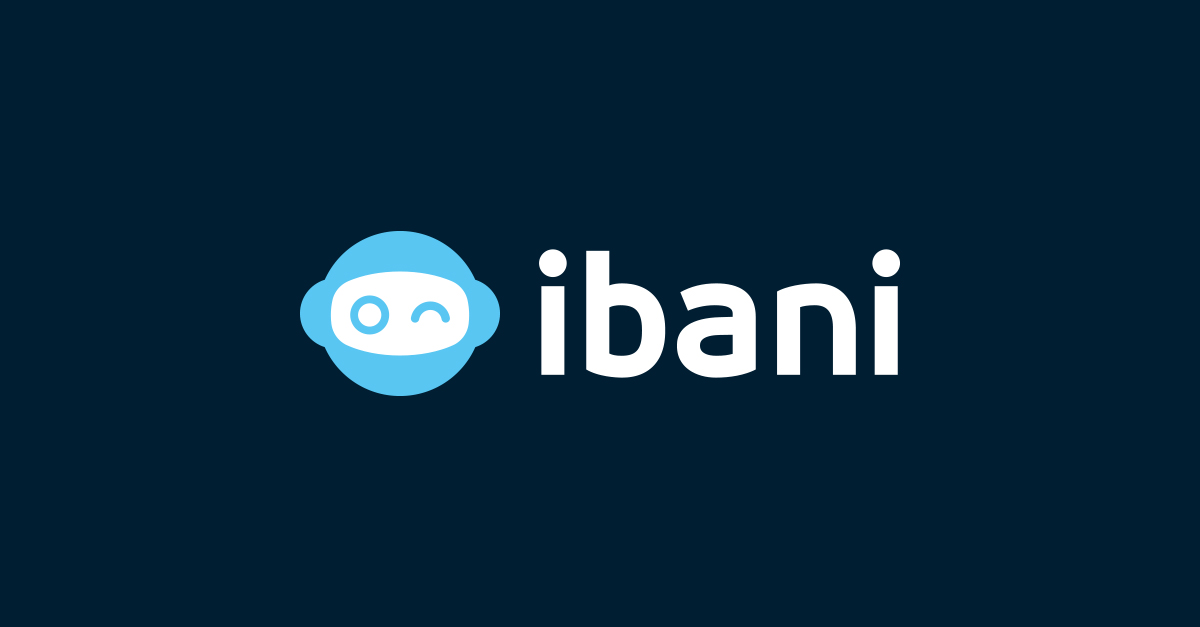
The 5 mistakes new Swiss cross‑border workers should avoid

Author: Quentin Arts

Author: Quentin Arts
Every month, thousands of cross‑border workers convert their salary from Swiss francs and send it to their euro account. Many, however, make mistakes that cost them hundreds—sometimes thousands—of euros a year for higher incomes.
Here are the top 5 pitfalls to avoid—and what to do instead.
Most banks use an internal exchange rate that already includes a spread. The catch? That spread usually isn’t clearly shown on your statements.
Example: You expect to receive 4,600€ when converting CHF 4'000. In practice, depending on the bank, you might only get 4,500€—or less. Your advisor may mention market fluctuations or a “preferential” rate, but in reality you’re getting the bank’s own rate—spread included.
Result: On CHF 4'000, you can lose 50–200€ every month without it ever showing as a “fee”.
Already using your bank to exchange? Check our comparison to see the real spread your current solution takes from your salary.
Some banks advertise “zero fees” for currency exchange, transfers, or account maintenance. In reality, that’s rarely true.
Costs can hide in:
For example, a “small” 2% spread on a CHF 5'000 salary already means 100€ lost. Some traditional banks also charge to receive transfers from Switzerland. Make sure to check if that applies to you.
FX markets move every day. Trying to time the “perfect” rate is tempting—but risky.
Best practice for cross‑border workers: prioritise a transparent, competitive rate over guesswork. The best time to exchange is simply when you need euros to cover your expenses.
Many banks offer cross‑border workers forward exchange contracts—sometimes for several months or even years.
Example: You fixed CHF 1 = 1.05€ with your bank, but the market is now at 1.07. You’re losing money without realising it.
Impact: Over multiple years, that can add up to several thousand euros.
Traditional banks aren’t your only option anymore. Neo‑banks, online banks and digital currency converters are increasingly popular—and undercut the high margins of old‑school providers.
For CHF→EUR, there are secure, Swiss‑licensed and 100% transparent options like ibani. With ibani you get:
Choosing a converter like ibani can mean substantial savings over time.
Currency exchange isn’t just about the rate—it’s also about transparency, simplicity and control. Avoid these five mistakes and you’ll save meaningful amounts every month while staying in charge.
Over time, that can mean thousands of euros you can invest—or spend on a well‑earned break—instead of handing them to your bank.
Ready to get more from your salary? Try ibani today.
Don't miss our next article on life and work in Switzerland, and receive it straight into your mailbox when published!
SubscribeOur FAQ gathers the most frequent questions that our clients ask us. Your question is probably answered there!
To the FAQIf you don't find the answer you're looking for, our team will help you by email, on the phone (Monday to Friday), on Facebook, on Instagram or on Twitter.
Back to the blog